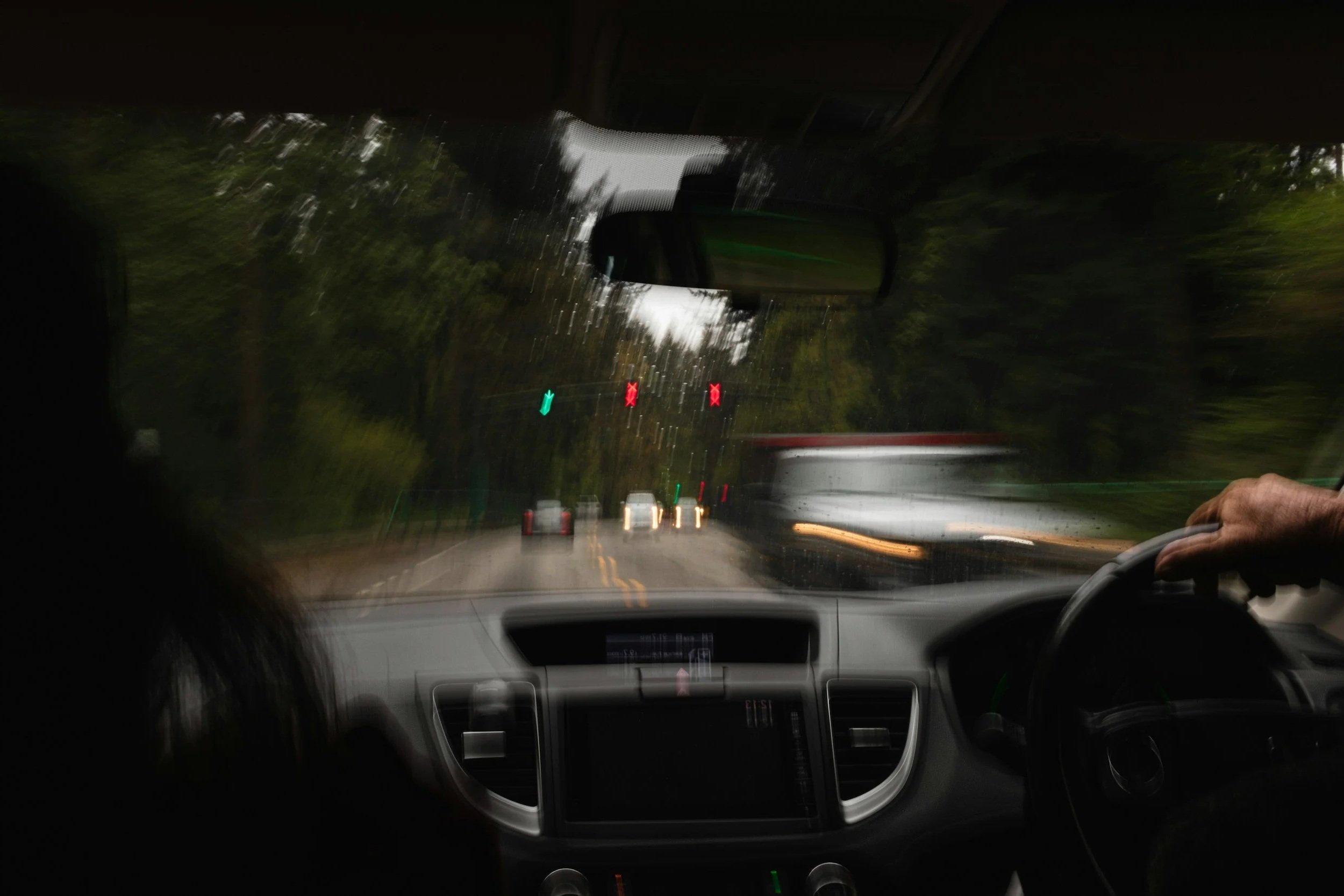
Case Studies
Across the world, various alcohol interlock programmes have emerged as one of the most effective means to separate drinking and driving.
Scroll down to explore the global impact of alcohol interlock programmes and hear perspectives from key stakeholders.
United Kingdom
In 2021, the Parliamentary Advisory Council for Transport Safety (PACTS) published a report urging the UK Government to introduce an alcohol interlock programme without delay. The report finds that alcohol interlocks are far more effective than licence disqualification at preventing repeat drink driving.
PACTS also reviews international evidence, examining successful interlock schemes in Europe, the US, Canada, Australia, and New Zealand.
If you would like to read this report entitled: Locking Out The Drink Driver: Using alcohol interlocks to reduce drink driving in the UK, please click here.
United States of America
The United States has one of the most comprehensive interlock frameworks globally, with all 50 states having some form of interlock legislation. There are currently 35 states and the District of Columbia that have first-offender laws that require the use of ignition interlocks.
If you would like to read more about these different schemes and their impact, please see the latest research by SAFE (Safety and Advocacy For Empowerment) here.
Europe has developed a more rehabilitation-focused approach, with eight EU countries operating alcohol interlock programmes for offenders. The EU has established technical standards through EN 50436 series for interlock devices and introduced harmonised licensing codes to facilitate cross-border enforcement.
If you would like to learn more about these different schemes, the European Transport Safety Council (ETSC) has produced a series of useful factsheets, available here.
European Union
Australia operates state-based programmes with mandatory requirements for serious drink-driving offences. Each state has developed its own framework. New Zealand made interlocks mandatory from July 2018 for specific high-risk offenders. The programme replaced previous voluntary sentencing options.




